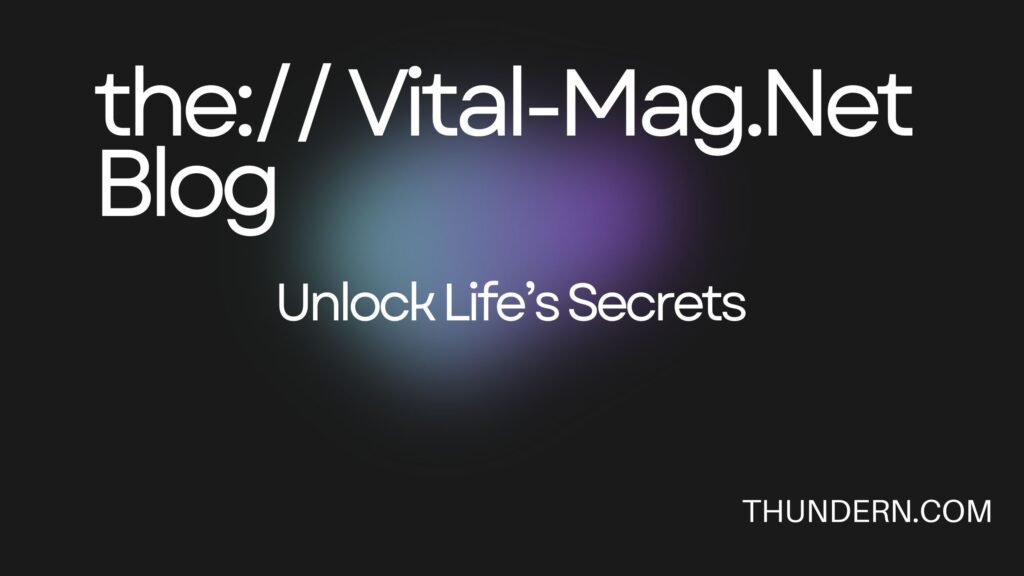A graver issue than many realise, mouth cancer is a burgeoning health concern with a considerable impact. In Australia, cases are more rare than other types of cancer but still problematic. Despite this, a majority of adults remain oblivious to the countermeasures they could be taking to mitigate their risk. Empowerment through education and the adoption of proactive strategies can markedly affect your oral health and holistic well-being.
Heightened Vigilance: Regular Dental Check-Ups And Screenings
The most potent tool in our arsenal against mouth cancer is timely detection through habitual dental check-ups and oral cancer screenings. Dentists such as those at VTS dental lab in Melbourne, endowed with the training to discern the preliminary indicators of mouth cancer, can detect symptoms such as persistent sores, lumps, or mutations in the tissue lining your mouth. Precocious detection is of paramount importance, as it dramatically amplifies the probability of successful treatment.
A considerable number of individuals only resort to dental visits when confronted with discomfort or pain, however, the indispensability of routine examinations persists even in the absence of these symptoms. Cultivate the practice of scheduling dental consultations bi-annually, and during these appointments, request an oral cancer screening if it doesn’t already feature in the standard examination.
Transformation: Dietary And Lifestyle Changes
Your quotidian practices can significantly affect your susceptibility to mouth cancer. Excessive alcohol consumption and tobacco use are two risk factors of notable consequence.
Alcohol Reduction: A Wise Choice
A correlation exists between rampant alcohol consumption and an augmented risk of mouth cancer. The Centers for Disease Control and Prevention (CDC) advise that men restrict themselves to two drinks daily, and women, to just one. A decrease in alcohol consumption or its complete eradication can remarkably reduce your risk.
Tobacco: An Avoidable Peril
The utilisation of tobacco, irrespective of whether it is via smoking or chewing, is a predominant origin of mouth cancer. If you presently use tobacco products, cessation can notably elevate your health prospects. Assistance is widely available through counselling, nicotine replacement therapies, and prescription medications.
A Balanced Diet: The Path To Wellness
A balanced diet abundant in fruits and vegetables can contribute towards reducing your risk. These edibles are laden with antioxidants, vitamins, and minerals, which shield your cells from damage. Particularly, leafy greens, berries, and citrus fruits are exceptional choices for bolstering oral health.
Aide-Mémoire: Support For Healthy Habits
While adopting and maintaining healthy habits might be a formidable task, remember that you needn’t undertake it solo. Various support networks exist to assist you in transforming your lifestyle.
Support Groups: The Power of Unity
Support groups, existing both virtually and physically, provide encouragement and accountability. Whether your aim is to relinquish tobacco, curtail alcohol intake, or revise dietary habits, establishing connections with similar-minded individuals can prove immensely beneficial.
Take a Stand: Advocate For Your Oral Health
Display initiative about your oral health. During dental visits, don’t hesitate to inquire about best practices to diminish your risk of mouth cancer. If you harbour concerns, request additional screenings.
Education: The Key To Empowerment
An abundance of educational resources exist which offer beneficial tips and strategies for preserving oral health. Ask your dentist in Australia for resourceful websites that provide valuable insights to keep you informed.
Conclusion
Decreasing the risk of mouth cancer involves a blend of regular dental check-ups and screenings, the implementation of mindful dietary and lifestyle modifications, and the seeking of support for the maintenance of healthy habits. By embarking on these proactive measures, you can significantly reduce your risk and champion your long-term oral health. Prevention and early detection are crucial, so act now.
For personalised guidance, consider scheduling a consultation with a healthcare specialist skilled in oral health. Your prompt action can pave the way for a healthier, cancer-free future.


